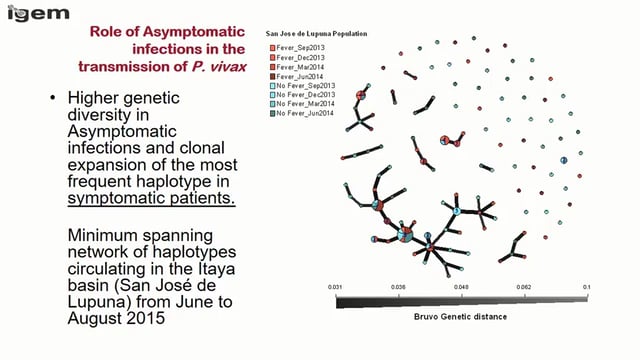Last Updated: 07/03/2023
Development of genetic tools for the study of mosquito hemocytes
Objectives
To develop genetic tools and resources to improve the understanding of mosquito immune cell function.
Mosquitoes have developed a robust innate immune system comprised of cellular and humoral immune responses that together shape mosquito vector competence, which as a result has garnered significant interest as potential targets to make mosquitoes refractory to disease transmission. Immune cells, known as hemocytes, are central to mosquito cellular and humoral immune responses that include phagocytosis, the establishment of immune memory, and the recognition and killing of malaria parasites. Yet, despite their importance, studies of mosquito hemocytes have been limited by a lack of genetic resources that have limited their characterization to morphological properties of size and shape. Recent single-cell studies have characterized mosquito immune cell populations with new and increased resolution, providing the identification of candidate universal or subtype-specific marker genes that define immune cell sub-populations.
Together, the proposed experiments will provide valuable new genetic resources for the mosquito hemocyte community that will significantly advance our understanding of Anopheles immune cell biology, while serving as the foundation for future studies to better define the contributions of hemocytes to malaria parasite killing. Serving as the foundation and rationale of this proposal, regulatory regions of these candidate hemocyte marker genes will be used to generate transgenic Anopheles mosquitoes that drive fluorescent markers (Aim 1) or transcriptional activators (Aim 2) in distinct immune cell populations.
Sep 2021 — Aug 2023
$420,750


